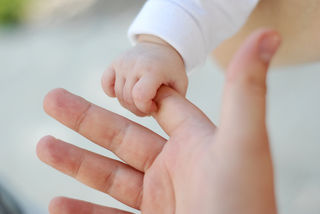- 6,408
- 15,493
- Joined
- Jun 28, 2004
I love the Politics Thread but I wanted a thread that was less adversarial and that could hold discussions that are outside of the daily news cycle. So anything related to economics, race, gender, demographics, long term political trends, political philosophies and any other big picture issue that affects our lives, please post it here.
Please, post articles, read those articles and discus them instead of trying to score quick points.
I'll get it started with this article:
http://www.salon.com/2016/12/06/how...en/?utm_source=facebook&utm_medium=socialflow
We talk a lot about race and economics but we don't talk enough about how feminism figures into the political picture. We know that Donald Trump has elements of economic populism and white identity politics but the third pillar of his campaign was patriarchal identity politics. Just as low income white get a bigger and better "public and psychological wage" the more a society is white supremacist, low income men can feel better about being "real men" the more sexist and homophobic a society becomes.
Thoughts?
Please, post articles, read those articles and discus them instead of trying to score quick points.
I'll get it started with this article:
http://www.salon.com/2016/12/06/how...en/?utm_source=facebook&utm_medium=socialflow
We talk a lot about race and economics but we don't talk enough about how feminism figures into the political picture. We know that Donald Trump has elements of economic populism and white identity politics but the third pillar of his campaign was patriarchal identity politics. Just as low income white get a bigger and better "public and psychological wage" the more a society is white supremacist, low income men can feel better about being "real men" the more sexist and homophobic a society becomes.
Thoughts?




 . Wonder how this new change in politics is going to affect funding for some of these programs...,
. Wonder how this new change in politics is going to affect funding for some of these programs...,